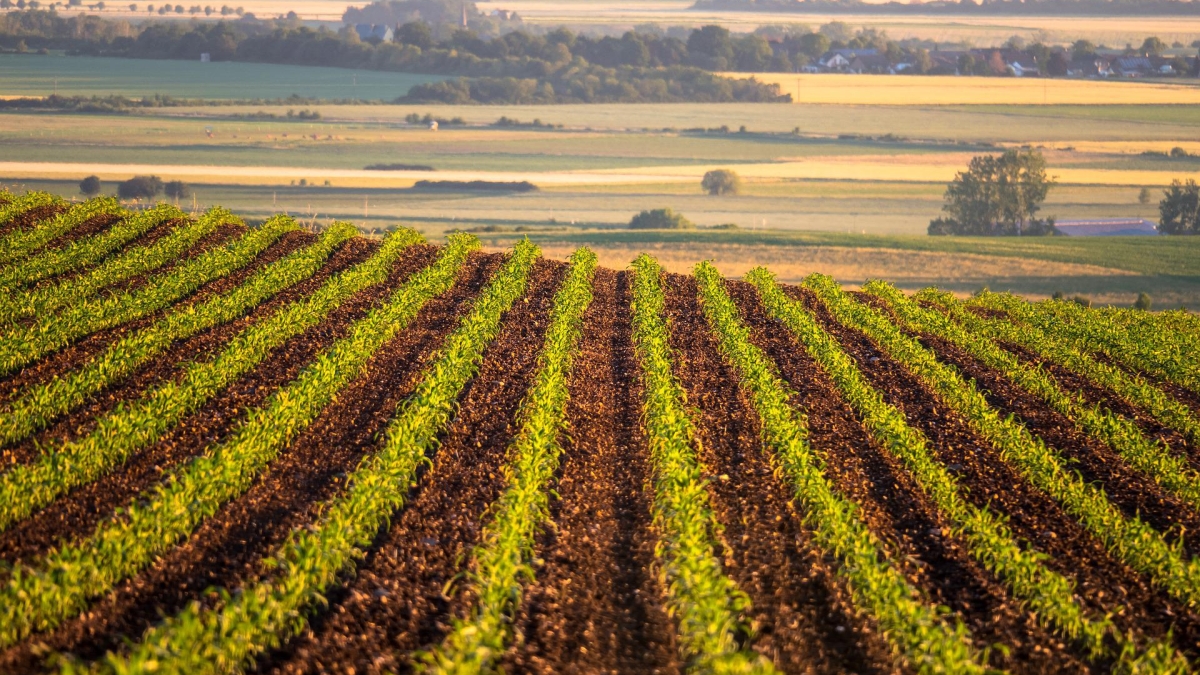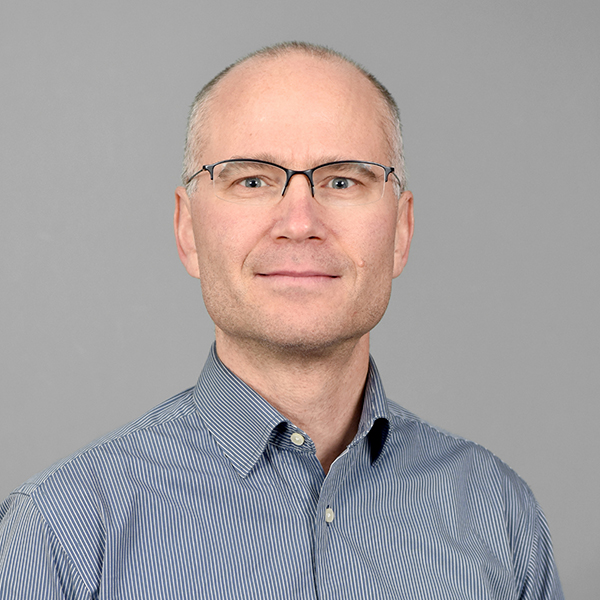ASU researcher calls for a comprehensive redesign of agrifood systems

The world’s food system faces major issues. Today’s rising climate crisis, the COVID-19 pandemic and the Russian war against Ukraine continue to drive food prices, disrupt supply chains, and exacerbate justice and fair trade issues.
In a new perspectives paper published Aug. 4 in Nature Sustainability, more than 30 researchers from a dozen countries call for a profound overhaul of how we approach systems of food production, processing, distribution and consumption, and call for innovative, sustainable solutions to meet today’s urgent global challenges.
“Sustainable Agrifood Systems for a Post-Growth World” is co-authored by Arnim Wiek, professor in Arizona State University’s School of Sustainability in the College of Global FuturesThe College of Global Futures is a unit of the Julie Ann Wrigley Global Futures Laboratory. , and argues that the conventional pursuit of economic growth and profit maximization is largely responsible for the food system challenges we currently face.
The authors call for policymakers, researchers and community groups worldwide to rethink their approach in developing new solutions beyond the current “growth paradigm.”
“Among the research community, there's broad agreement that we need to apply paradigms that are based on economically viable businesses and economies without growth maximization and exploiting maximum economic gains when designing solutions,” said Wiek, whose research focuses on sustainable food businesses and economies, such as cooperatives and benefit corporations. “There are seeds of change already happening, it is our task now to further develop them, support them and make this transformation happen.”

Arnim Wiek
In the paper, led by Steven McGreevy, assistant professor at the University of Twente, the researchers synthesize current empirical research on agrifood systems around the globe through the lens of five principles: sufficiency, regeneration, distribution, commons and care, and present “post-growth” strategies that are currently in practice at different scales.
“We were thinking less about how we can counter the principles of the growth paradigm, and more about what is already happening in the world of agrifood systems that do things differently from the growth paradigm,” Wiek said.
Some examples of post-growth agrifood system elements in action around the world as identified by the study’s authors include:
Food production: The adoption of agroecological farming and gardening into the current food systems can enhance biodiversity, maintain fertile soils and improve system resilience to social and ecological shocks. Diversified small farms have shown that by working with nature and engaging with the complex relationships between plants, soils and pollinators, producers can produce higher yields while using land and water more efficiently than industrial agriculture.
Food business and trade: Community-based business models such as cooperatives and benefit corporations without profit-maximizing motives can anchor sustainability in businesses and prioritize the health and well-being of the environment and the public. A suite of tools and methods in alternative finance and investment, such as crowdfunding schemes, ethical banks, credit unions or impact investors can better align with smaller-scale, community-oriented needs of agrifood systems.
Food culture: Closer relationships with food and the processes that it goes through to reach us can create a culture of appreciation in which we value food and the people working in the agrifood system. Often grounded in forms of spirituality and traditional ecological knowledge, a culture of care has been the backbone of traditional food cultures and agricultural heritage, demonstrating collective agency rather than focusing on lone farmer, corporate or scientist heroes.
Food system governance: Agrifood system governance and institutions must bridge the institutional silos of agriculture, food economy, public health, education and development planning in pursuit of sustainable post-growth agrifood systems. Food policy councils (FPCs) are one example of such new governance structures. Ideally, FPCs are inclusive and representative of diverse public and private stakeholders, and cut across multiple sectors of policy expertise related to food.
According to the study, a redesign of the global agrifood system should be supported by coordinated education and a new research agenda that (as opposed to the dominant problem-centric research agenda) advances the understanding of how current solutions work, adopts and transfers existing solutions to different scales and regions, and supports the creation of new solutions.
While engaging in a systemwide transformation of today’s current agrifood economy can seem like a formidable task, Wiek sees it and the seeds of existing research as a model of potential, and an urgent reason to act.
“We as scientists should not just sit back, analyze problems and watch the disasters unfold,” Wiek said. “We can become important partners in transformational processes. Research must play a more active role in transforming our food system towards sustainability by providing specific types of evidence that can be put into action and yield sustainable outcomes. And we must demonstrate that our research actually does that.
"So, a paper in Nature Sustainability is a good milestone, but achieving positive real-world impacts is the ultimate goal.”
Top image courtesy Pixabay
More Environment and sustainability

'Earth Day Amplified' promotes power of collective action
Everybody loves the concept of sustainability. They want to do their part, and the chance to say they’ve contributed to the well-being our of planet.But what does that actually mean?Arizona State…

Rethinking Water West conference explores sustainable solutions
How do you secure a future with clean, affordable water for fast-growing populations in places that are contending with unending drought, rising heat and a lot of outdated water supply infrastructure…
Meet the young students who designed an ocean-cleaning robot
A classroom in the middle of the Sonoran Desert might be the last place you’d expect to find ocean research — but that’s exactly what’s happening at Harvest Preparatory Academy in Yuma, Arizona.…

